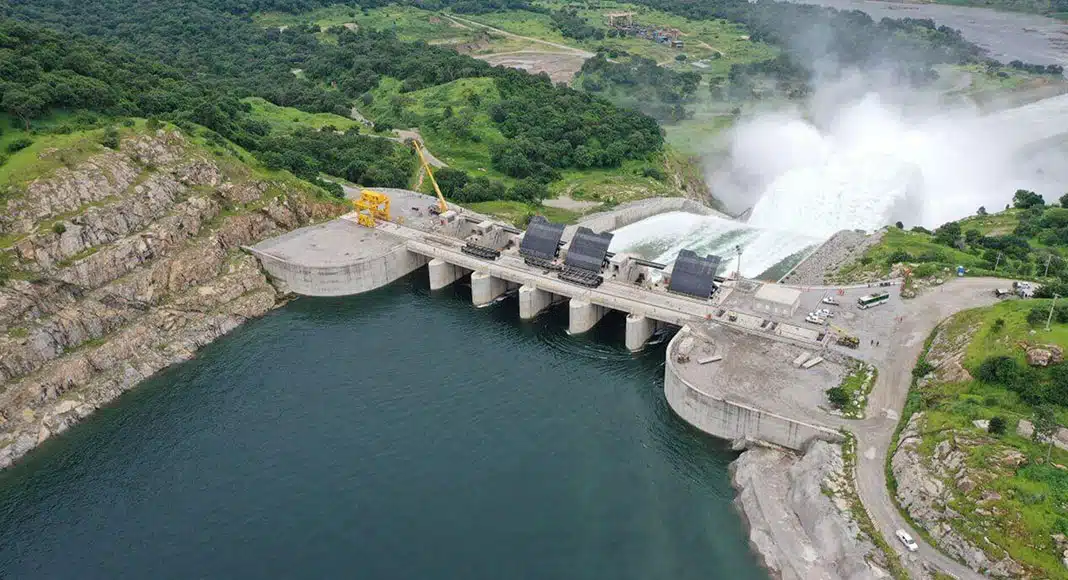
Ethiopia on Tuesday inaugurated the Grand Ethiopian Renaissance Dam (GERD), a $5 billion hydropower project it hails as the backbone of its economic ambitions, even as Egypt warns the Nile megadam threatens its water security.
Africa’s second-most-populous nation says the plant—begun in 2011 on the Blue Nile—will eventually generate about 5,150 megawatts, up from the roughly 750 MW produced by two turbines already online. Prime Minister Abiy Ahmed has cast the project as a national uplift that will light homes, plug factories into the grid and send surplus electricity across the region.
Downstream, the reaction is starkly different. Egypt, which depends on the Nile for about 90% of its fresh water and built the Aswan High Dam in the 1960s, calls GERD an existential risk—especially in drought years—and argues it violates colonial-era water agreements. Cairo and Khartoum want a legally binding deal on filling and operating rules; Egypt’s foreign ministry said it would “take all appropriate measures to defend and protect” its people’s interests.
Abiy counters that the GERD is a sovereign development right and “a shared opportunity,” insisting phased wet-season filling since 2020 has avoided sharp shocks downstream. Independent studies so far have not recorded major flow disruptions, helped by favourable rainfall and cautious impoundment.
The project has long been a geopolitical flashpoint. During his first term, U.S. President Donald Trump warned the standoff was “dangerous,” even musing that Egypt could “blow up” the dam, but Washington failed to broker an accord. Inside Ethiopia—scarred by years of internal conflict—the dam has served as a rare unifier, said Magnus Taylor of the International Crisis Group, with broad support for resisting outside pressure.
Ethiopia’s central bank financed about 91% of the project, with the remainder raised domestically through bonds and donations, according to local reports, after foreign lenders stayed away. The reservoir—now covering an area larger than Greater London—aims to stabilise flows for power and irrigation while moderating floods and droughts. Yet many Ethiopians will not feel immediate benefits: only around half of rural households are connected to the grid.
Tensions could still escalate. Analyst Matt Bryden notes that Addis Ababa’s push for sea access via Eritrea or Somalia has drawn Egyptian diplomatic backing for its rivals—an added layer to an already fraught Nile dispute.
